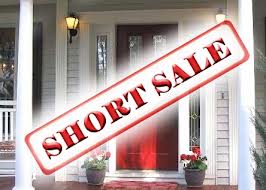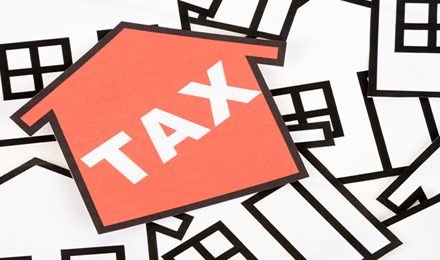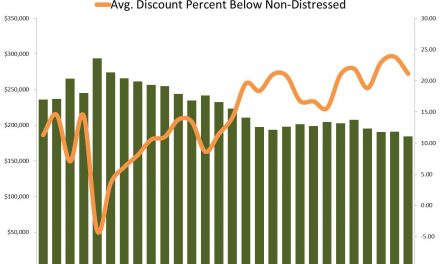Primary Benefits of Short Sales
 For homeowners experiencing financial troubles, the risk of losing their home due to foreclosure is inevitable. Some spend sleepless nights because of the anxiety about what to do about the looming problem and the possibility of becoming homeless or living in a small apartment. These things could be very overwhelming.
For homeowners experiencing financial troubles, the risk of losing their home due to foreclosure is inevitable. Some spend sleepless nights because of the anxiety about what to do about the looming problem and the possibility of becoming homeless or living in a small apartment. These things could be very overwhelming.
In the end, a property in default will be taken back by the mortgage company, and homeowners will be evicted. This is the largest disadvantage of foreclosure, as well as the disqualification of the homeowner to buy another property within seven years. Foreclosure can also affect job security since foreclosure documents are public record. The good thing is, there are alternatives to foreclosure.
Three Benefits of Doing A Short Sale
One of the alternatives is to consider short sales where a property is purchased for a price that is less than the balance of the mortgage. The short sale option is a better alternative for a homeowner than a foreclosure. There are three benefits of short sales to homeowners who don’t want to suffer the consequences of foreclosure.
A main benefit of short sales is the fact that homeowners can have more time to stay in the home while the process is still going on. Once a homeowner has been qualified for a short sale, it is legal to remain in the property until a sale has been made. The mortgage lender will also delay foreclosure, and they do not expect to receive payments during the process. Short sale processes may vary, but basically most will take six months to one year.
Another benefit of choosing short sales is the possibility to receive monetary compensation from the mortgage company once the sale has been completed. The compensation is also regarded as an incentive or relocation payment, and this could range from $1000 to $30,000 depending on the specific regulations of the mortgage company and the kind of short sale program. This compensation is normally paid to the homeowner during foreclosure.
Homeowners May Find Forgiveness With A Short Sale
In short sales, homeowners could also be forgiven for the mortgage payments not settled. In contrast to foreclosure, a homeowner may lose the home to a financial institution and may end up using the compensation to pay debts or other uses. With the option to short sale the home, the mortgage company will agree to cancel all remaining mortgage payments after the sale has been completed.
In addition, short sales also have consequences such as affecting your credit rating, which is the primary way of how creditors will view the risk of approving your loans. The higher your rating, the more chance you could be approved and end up with a lower interest rate. By completing a short sale, your credit score will go down anywhere between 90 to 130 points. The mortgage company will report the short sale transaction to credit agencies.
Short sales may not be the best option for all homeowners who are struggling with their mortgage payments. In some instances, a forbearance plan or loan consolidation may be the best alternative. However, if you cannot maintain mortgage payments, a short sale can provide a more reliable way for you to untangle things and keep your home.
Related Articles to Short Sales
How Short Sales Can Pay Off For You
Short Sale vs Foreclosure (Comparative Analysis)







